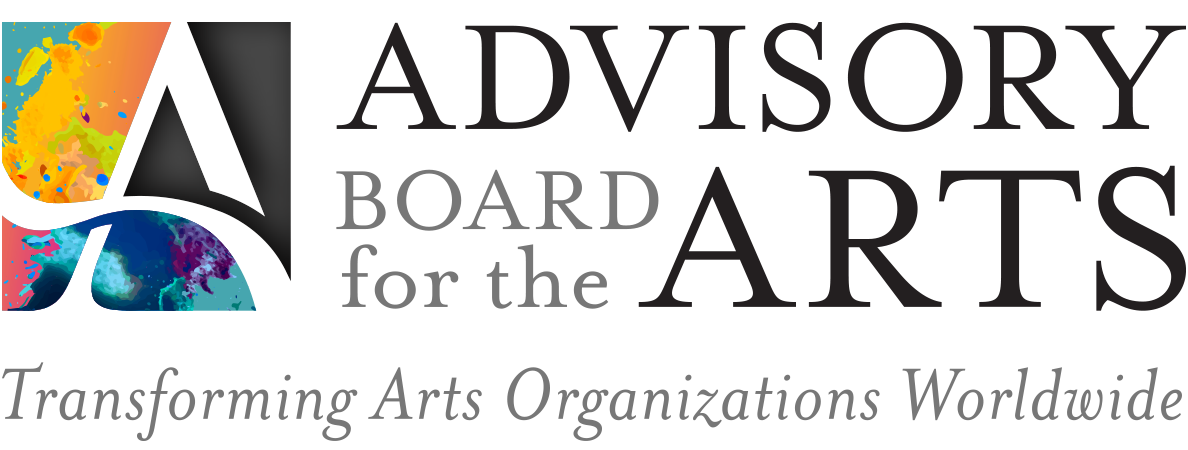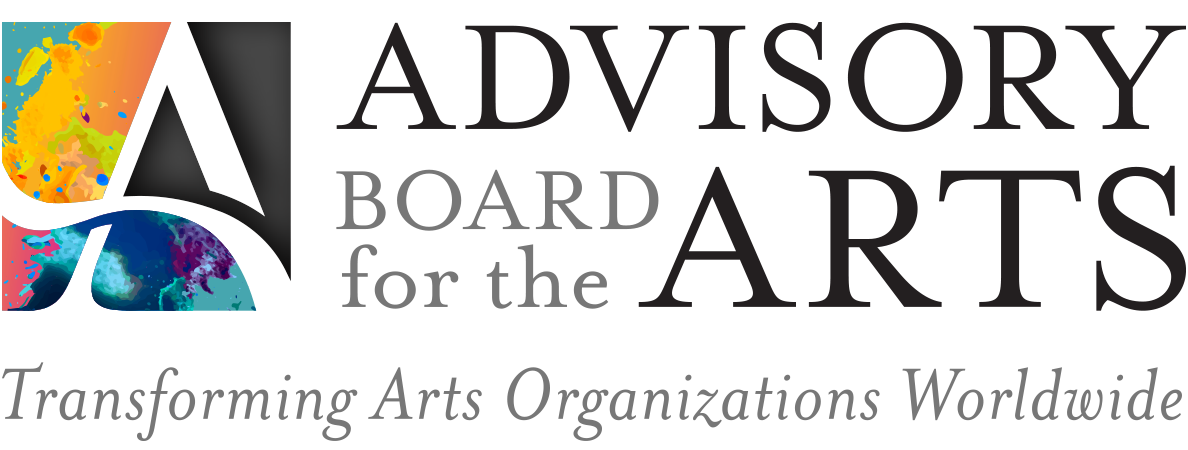Webinar Recap: Great Performance Halls in the Future: Rebirth or Transformation?
June 23 (Replay at end of page)
Earlier this week The Advisory Board for the Arts and SDA Bocconi School of Management were privileged to host a panel of leaders from some of the most recognized performing arts centers in the world to understand how they see the future unfolding for their institutions. Clive Gillinson of Carnegie Hall, Fortunato Ortombina of La Fenice Opera House, and Deborah Rutter from the Kennedy Center for the Performing Art graciously shared their perspective on what will and will not change coming out of the current crisis.
Two themes were evident in nearly every comment made throughout our conversation with these esteemed leaders: optimism and resilience. All three of our panelists acknowledged that is of course an incredibly difficult time for the industry, but they all also expressed hope and confidence that the current crisis will only push arts organizations to a better place in the future. We spent our time getting each leader’s perspective on a few key topics: their experience navigating the current crisis, expectations for the future, digital investments and opportunities, reopening plans, and audiences return to the arts.
Navigating the current crisis
We started our conversation by asking our panelists to share a bit about the unique situations they are navigating in their organizations. Deborah from the Kennedy Center talked about the strain of the closure on their revenue. Seventy percent of the Kennedy Center’s budget comes from earned revenue. On any given night they may have 3-6 performances in their main building and 3-4 in their newer contemporary building, so the loss of ticket revenue has been challenging. She commended her team’s creativity in finding solutions on what they can do but acknowledged it has been difficult.
Fortunato of La Fenice Opera shared that while the current crisis is certainly challenging, resilience is a huge part of the organization’s history. They have faced devastating fires and floods and have always emerged stronger. These past experiences have taught him that you cannot think of rules as limits but as a resource to find opportunity. He gave the advice that you have to do the art of today—maybe that feels more limited than the past with restrictions on the number of musicians, for example—but you have to find opportunity in what you can do right now, while being prepared to move to the next phase.
Finally, Clive emphasized using this crisis as an opportunity for experimentation and exploration. He sees the reputation of Carnegie Hall is an invaluable asset – it enables the organization to do things that would otherwise not be possible. Exploration and experimentation are an important responsibility of the organization both now and always.
Looking Ahead
When asked to envision their organizations and the industry at large in three years, all our panelists agreed that this crisis will be an inflection point – people will refer to periods “before” and “after” coronavirus. Deborah emphasized that this crisis has completely changed how arts organizations will support artists, how they will think about welcoming audiences, and how they will share their art across the world. Clive noted that the industry has two forces pushing it ahead right now – coronavirus and the systemic racism that persists in America. He believes these two things in combination will trigger a new way forward – they are a stimulus to be more creative and think about arts organizations’ role in society, and more specifically how they can be in service to everyone in society. Organizations need to use this time to transform who they are when it is time to reopen.
Fortunato expressed optimism for the future – history shows that after people experience crises, they have a strong desire to return to normal and resume their previous activities. However, he emphasized the importance of being creative right now and making sure their organizations survive the tunnel they are in right now.
Digital Investments and Monetization Opportunity
Clive stated that this crisis has been an amazing stimulus in so many ways, and one of the most obvious is organizations’ push into digital. He believes Carnegie Hall will likely achieve in digital this coming year what they would have achieved in the next 5 if they had not been faced with the current situation. He emphasized the incredible opportunity digital offers to create connections with such a broad audience. While it will never replace a live performance, it does give the chance for the world to get to see Carnegie Hall – something most will never have the opportunity to do in person. With Carnegie Hall closed through at least the end of the year, the organization is committed to using digital as a tool to meaningfully connect with audiences until reopening is possible.
When asked about digital as a revenue potential, all panelists agreed that digital efforts should start from a place of service. Clive’s opinion is that if you start with a mentality to serve people and you do it brilliantly, you might make money. However, if you start with a goal of making money, that will likely take you down a different path that may not fulfill your audience’s needs. Deborah and Fortunato echoed these comments and added that providing service and value through digital can lead to indirect revenue gains through increased donations. As an example of this service-led approach, Deborah highlighted the Mo Willems drawing series The Kennedy Center launched early in the pandemic that provided a great service to parents looking for “guilt-free” entertainment for their children. (click here to learn more about the Mo Willems drawing series) Fortunato emphasized that while digital may not offer quick revenue wins, it gives the world a chance to learn about you and follow you and maybe that will lead to subscriptions or donations down the road.
Reopening Plans
Like many arts organizations in the United States, both the Kennedy Center and Carnegie Hall have cancelled their major programming for the Fall. While both organizations are hopeful to return in the new year, they acknowledge that without a vaccine it is unlikely they will be able to return to business as usual. Fortunato shared that Le Fenice will soon be allowed to have 200 people in its audience, whereas their venue typically holds thousands. Audience members will sit on the stage, and the performance will take place in the orchestra pit. He shared that every day they have to think through the plan that will make their institution survive for the next two years – it’s all about adapting to what is possible right now.
All our panelists are looking for creative ways to offer smaller scale programming in the meantime. Deborah shared that right now the Kennedy Center is most focused on developing protocols for artists and backstage space. She is hopeful they will be able to offer 10-12 events in the Kennedy Center’s main building over the course of the fall, and also find ways to do smaller performances in its newer contemporary building, The Reach, in addition to outdoor performances. Clive shared that given the limited public spaces in Carnegie Hall there is really no way to do anything in the hall while social distancing. They are considering streaming some live concerts from the hall with either no or a very limited audience. They are also looking into the possibility of outdoor performances somewhere else.
Audience Return (reference slide data)
During the webinar, we shared data from the Covid edition of the Culture Track survey that shows most Americans are not yet making plans to attend arts and culture events. (Click here to access our webinar sharing preliminary results from that survey). Clive noted that most of their audience is older and most vulnerable to the virus. He expects most will not return until there is a vaccine. However, when it is safe, he firmly believes people will be rushing back to the halls, likely with more enthusiasm than ever before. People will be looking for a return until people feel truly safe. Deborah agreed that it will likely be a slow return to the halls until people truly feel safe. She shared that she was inspired by the enthusiastic response to an outdoor chamber music concert held by Classical Movements last weekend.
Fortunato is in a unique position in that typically 30-40% of Le Fenice’s box office sales comes from US tourists, and there is no way to predict when that audience will return. As a result, they have an opportunity to focus more on their local audiences. He sees some of the limitations as a forcing mechanism for them to get back to their cultural identity. Fortunato believes it is imperative for Le Fenice to think of itself as a servant to the people – taking this approach will ultimately lead to the organization’s survival.
At the end of our webinar we asked our panelists for closing thoughts on managing their organizations through this time of crisis. While everyone agreed the days are emotionally taxing, they also all expressed unwavering confidence in the future of their art forms and genuine excitement for a more inclusive and innovative future.





